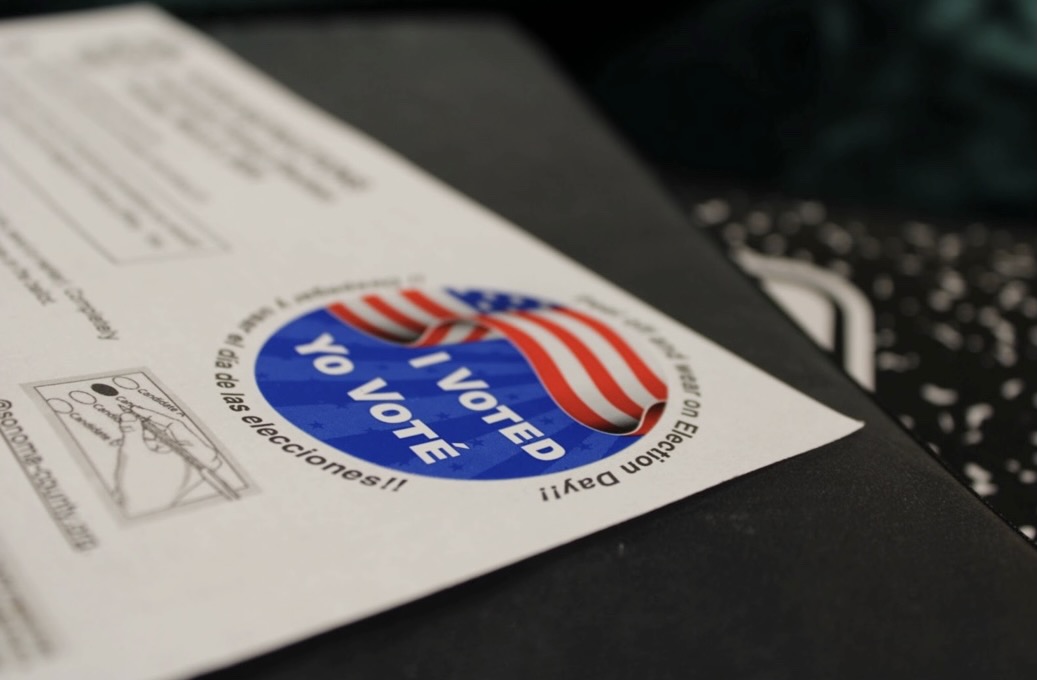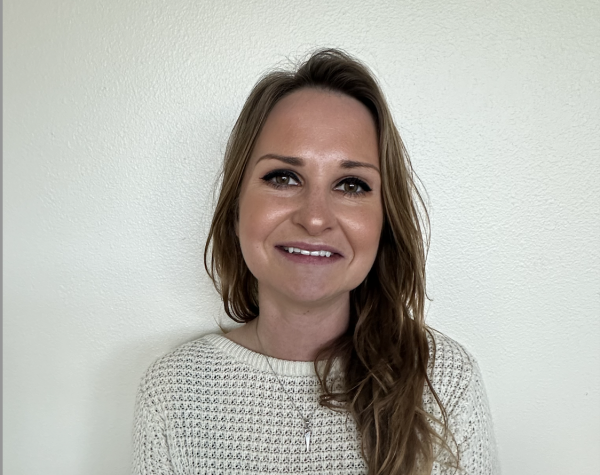Super Tuesday is the day when the greatest number of states or US territories hold their primary elections. This year, it will be held on March 5, and California will be among 13 other states and one territory to exercise the democratic right to vote for a presidential candidate, along with other political motions. The primary elections will determine who will remain in the running for the general election of Nov. 2024.
Dr. David McCuan, a political science professor at SSU said, “This does appear to be the single, most important election since 1860— just prior to the Civil War. Now we always say that, ‘this is the most important election ever,’ yet this does seem to be a hugely important election as we are at an inflection point given changes with voters.”
Few other candidates remain in the two-party system primary race at this point, and they are currently falling behind in the polls. The remaining candidates include Republican party Nikki Haley, a former U.N. Ambassador and former governor of South Carolina, and widely unknown Republican candidate Ryan Binkley. For the Democratic party, the only candidate still in the race is Dean Phillips– a businessman, civic leader, and Representative for Minnesota’s Third Congressional District in Congress.
Richard Hertz, a long-time lecturer in Political Science at Sonoma State said, “With the choices between the Presidential candidates and the two major parties so stark, I think it’s important that students and others rise to the occasion and make sure they vote, regardless of who they’re voting for, or how more or less passionate they are about their choices.”
Both the frontrunners, Donald Trump and Joseph R. Biden, have received widespread criticism in public opinion. Biden is consistently targeted for his age and competency— as the oldest US president in history, and Trump continues to have a spotlight in the criminal justice system– as the first president in US history to be charged with criminal activity.
Hertz said their current success in the race can be explained by the historical tendency to favor the incumbent— in this case, both the present and previous office holders— for reasons that they are widely known and have advantages in campaign funding.
Liza Schoen, a fourth-year communications and media undergraduate said, “I think that it’s important for the younger generation to be heard. I definitely want to encourage people to get out there and vote. This is one of the few ways that you can have your voice heard.”
Schoen said the age gap of the frontrunners do not represent the majority of people. She said, “They are more likely to be out of touch with the working class, and I think just the plain lack of diversity among the candidates is pretty upsetting.” She said she will most likely vote for a Democratic candidate in the primaries, despite feeling that her views are neither fully aligned with the Democratic or Republican parties.
“I’m pretty concerned about who comes into office, and who’s going to really mess up people’s basic human rights. As a queer woman I would just be a little worried about a change in the 2015 gay rights marriage legalization, and environmental concerns if the next president doesn’t care about the environment,” Schoen said.
Cynthia Boaz, a political science professor and department chair at Sonoma State said, “Human rights are always at stake at the level of the presidency, because that person leads US foreign policy and is responsible for decisions that affect people all over the globe. The two biggest human rights issues at the moment are Russia’s war on Ukraine and Israel’s war on Gaza, and those two foreign policy issues will dictate a lot of the support for or against these two presumptive nominees, especially among younger voters.”
Daniel Castillo, a fourth-year business administration major said he’s heard very little about any of the candidates besides Trump and Biden, “I think it’s the media honestly, I don’t hear anything about the other candidates. Every time there’s a ballot, there’s like six names on that thing and I only know at most two of them,” Castillo said, despite hoping for a younger candidate, “I feel more comfortable voting for Biden even if I feel like he wouldn’t be the best candidate— he’s the one I most know of and the one I would think would follow through with his choices at least.”
Castillo said he is primarily concerned about international affairs— such as the production of goods occurring overseas— and the housing market. “I still don’t see many people agreeing with the pricing— the listing prices, they’re so crazy expensive,” he said.
“Beyond foreign policy, I would argue that there are other human rights issues at play domestically, namely the attacks on women’s rights in red states. The GOP is seeking a federal ban on abortion, which would put the US back a hundred years and make us the only developed, democratic country in the world where women do not have access to that fundamental right. There are also threats to the human rights of other groups, including the LGBTQ+ community and immigrants,” Boaz said.
Boaz said some of the factors that contribute to political polarization include, “economic insecurity, social media and propaganda campaigns, less access to basic critical thinking skills and education, and a climate of fear-mongering.”
Hertz said he is still more optimistic about our country’s future. “I think we’re heading toward a level of positive change that’s hard to imagine today, given our dysfunctional politics. My optimism is largely based on younger generations becoming the biggest part of our electorate. The current Congress is very unrepresentative of our nation’s population, being much older, wealthier and less diverse among other things. The age gap is significant not just in numbers but also in different priorities,” he said.
Besides the presidential candidates and contests for the U.S. Representative, Senate, and Judicial offices– Proposition 1 is also a measure on the California ballot. This measure, coined “treatment not tents” — proposes $6.38 billion dollars in bonds to add several thousand beds in mental health or addiction treatment facilities, and increase housing for the homeless population.
The country continues to experience an increasingly destructive opioid epidemic, and according to U.S. News & World Report, “An average of 22 U.S. teens die each week from drug overdoses, a death toll driven by the powerful synthetic opioid fentanyl, a new study reports.”
Additionally, California has the highest rate of homelessness in the country, including people under the age of 25. According to a recently released federal report, it’s estimated that more than 181,000 people are experiencing homelessness in the state. Yet, officials and the public remain divided on Proposition 1 as a solution.
Dr. McCuan said we can anticipate frequent debates this election cycle over issues related to the economy, reproductive rights, gun violence, loss of connection and disunity. He called the divisive debate, “‘junk food politics’— as we consume it as voters and then feel really lousy afterwards.” He also acknowledged SSU students’ active participation in politics. “We are really fortunate to have such engaged students who understand the stakes of how important it is to participate in our elections,” he said.
Hertz pointed out other reasons for his optimism, “We’re already seeing shorebirds of change even if they’re not yet recognized as such.” He explained that channels such as YouTube and TikTok have made it less expensive for candidates to reach more voters, with deeper messaging than short television ads as in the past.
Hertz said, “Though nearly one in two voters now identify as political independents, they currently hold less than 1 percent of the seats in Congress. With younger voters increasing civic participation and their tendency to focus more on issues than parties, a brighter political future is within our reach, if we’re willing to make the effort.”
Visit the Official Voter Information Guide for more information.





![[Both photos courtesy of sonoma.edu]
Ming-Ting Mike Lee stepped in as the new SSU president following Sakakis resignation in July 2022](https://sonomastatestar.com/wp-content/uploads/2024/04/CC4520AB-22A7-41B2-9F6F-2A2D5F76A28C-1200x1200.jpeg)




























